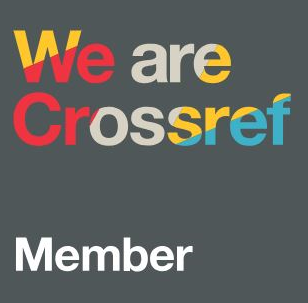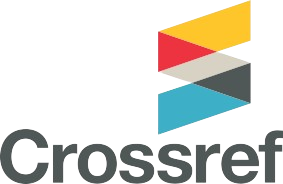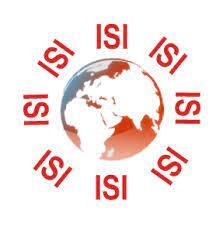Entrepreneurship Education Practices among Private Higher Learning Institutions in Rwanda. Case of Members of ORIPES (Organization Rwandaise d’Institutions Privees
DOI:
https://doi.org/10.62103/unilak.eajst.10.10.173Keywords:
Entrepreneurship EducationAbstract
The Ministry of Education in Rwanda requested institutions of higher learning (IHL) to have entrepreneurship education as part of their programmes in order to produce graduates who have acquired entrepreneurial competence. However, the literature has indicated that teachers’ perceptions and practices have remained uncertain and neglected in as much as entrepreneur education literature and policies are concerned (Volkmann, 2004; Solomon, Duffy & Tarabishy, 2002). This study focused on teachers’ practices of entrepreneurship education in private higher learning institutions, members of ARIPES in Rwanda.
The research employed realism as philosophical paradigm and mixed methods approach; Cross-sectional design was more appropriate for this study. The quantitative data were collected from 43 teachers of 8 private higher learning institutions of Rwanda members of ARIPES. Qualitative data were collected by using observation for exploring the practices of entrepreneurship education in classrooms. Quantitative data were analyzed by using mean, percentages and standard deviation. Qualitative data were also analyzed by using data transcription focusing on core objectives of the study. The findings have shown that practices of entrepreneurship education are theoretically well understood by entrepreneurship teachers as shown by the mean of 3.17, but the data from observation have shown that the reality of what they do is different from the normal entrepreneurship education pedagogy. Based on the findings, the general recommendation was that private HLIs should work closely with the ministry of education for supporting teachers so that they can be able to connect their perceptions, practices with the existing policies for overcoming the challenges of entrepreneurship education.








